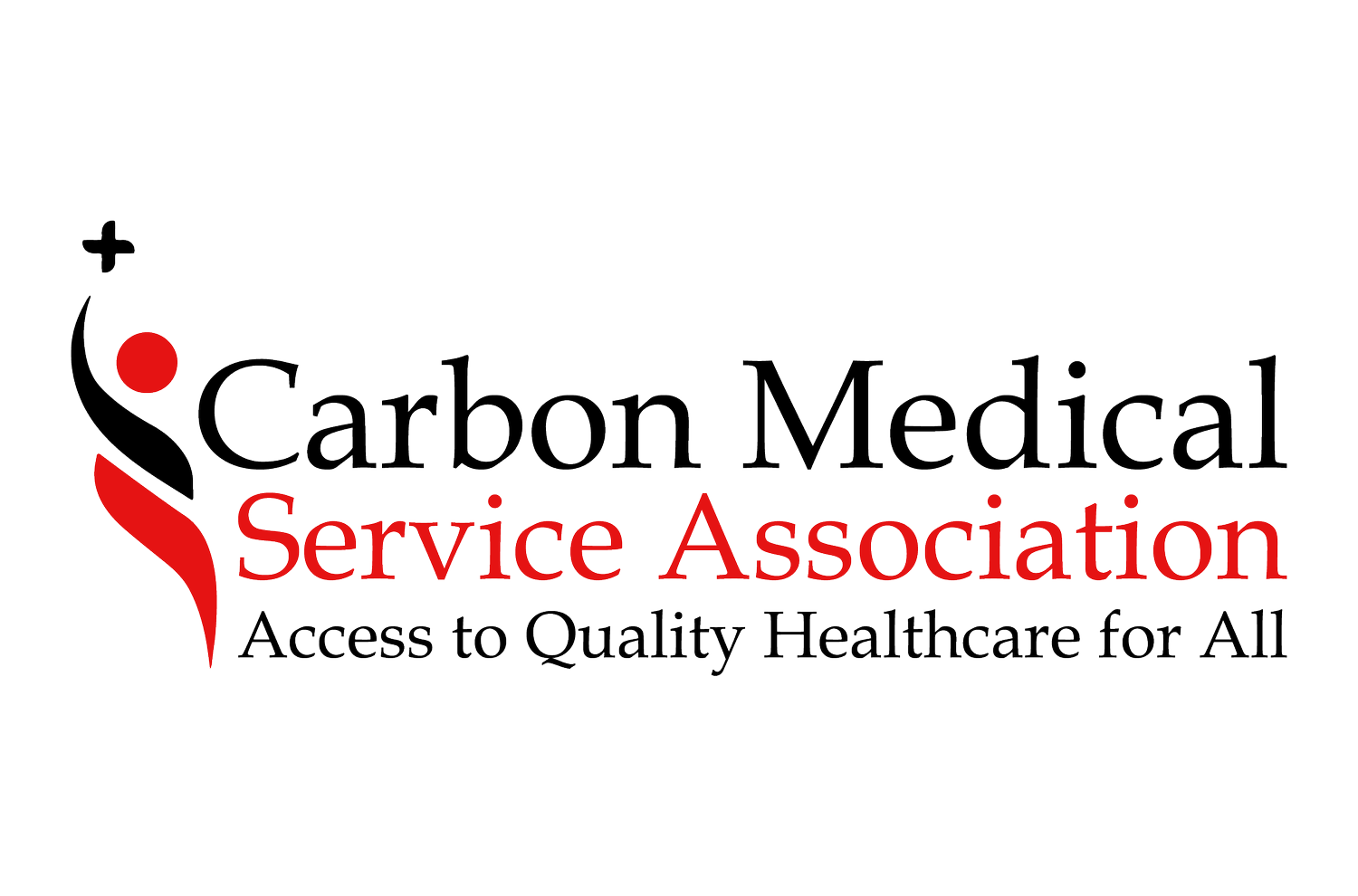Offering support to Children
The world has seemed to turn upside down, parents and children alike are trying to navigate in an uncertain environment. With May being Mental health awareness month we have compiled some resources to help your family during this difficult time. To adapt to these new circumstances we are offering Mental Health Telehealth visits to our clients, parents and children alike. It’s never been easier to take control of your mental health and get the help you and your family deserve.
How to build healthy coping skills
Building a strong foundation of self-care and positive coping skills can help your mental, emotional and physical health. Here are some habits you can build into your daily life:
Cut yourself some slack! Between school, work and everything else, you may be juggling impossible demands. Being kind to yourself helps you stay calm and frees up the bandwidth you need to take each day as it comes.
Be smart about what you’re reading and watching. Consider putting a limit on the amount of news about the coronavirus you consume each day. If your social feeds are making you anxious, take a break, and focus on accounts that are calming.
Set achievable goals. Give up those unrealistic expectations for what you can achieve in this stressful time. Enjoy your successes each day, no matter how small.
Practice mindfulness and self-care. Set aside a few minutes around the same time every day to do deep breathing, meditation, exercise — whatever works.
Stay connected virtually. Keep your support network strong, even when you’re only able to call or text friends and family. Socializing can help you feel better and stay grounded.
Accept your feelings. Many of us feel sad, angry and anxious right now. Acknowledging that — instead of fighting it — allows us to ride out our emotions.
How to know if you might need help
There is no “right” or “wrong” way to act during this time. Take each day as it comes and do what you need to feel okay, but remember that in the long run, some behaviors may do more harm than good. These are some things that may indicate you (or a friend) should reach out for help:
Feeling down, anxious or irritable Sleeping too much or too little Eating too much or too little
Isolating from your friends and family Feeling hopeless or too tired to engage in daily activities Not showering or brushing teeth, wearing the same clothes many days in a row
How to find treatment
If you think you may need help from a trained mental health professional, please give us a call at 435-888-4411 to schedule a consultation.
Call 911 immediately if you’re concerned that you or a friend are unsafe, may be in danger of self-harm or may be suicidal or overdosing. Tell responders as many details as possible so they can be prepared when they arrive.
You can also call these free, 24-hour anonymous hotlines:
▶ Crisis Text Line: text UROK to 741741
▶ National Suicide Prevention Lifeline: call 1-800-273-8255
Information gathered from https://childmind.org/wethriveinside/ please visit the website for more information and resources.

